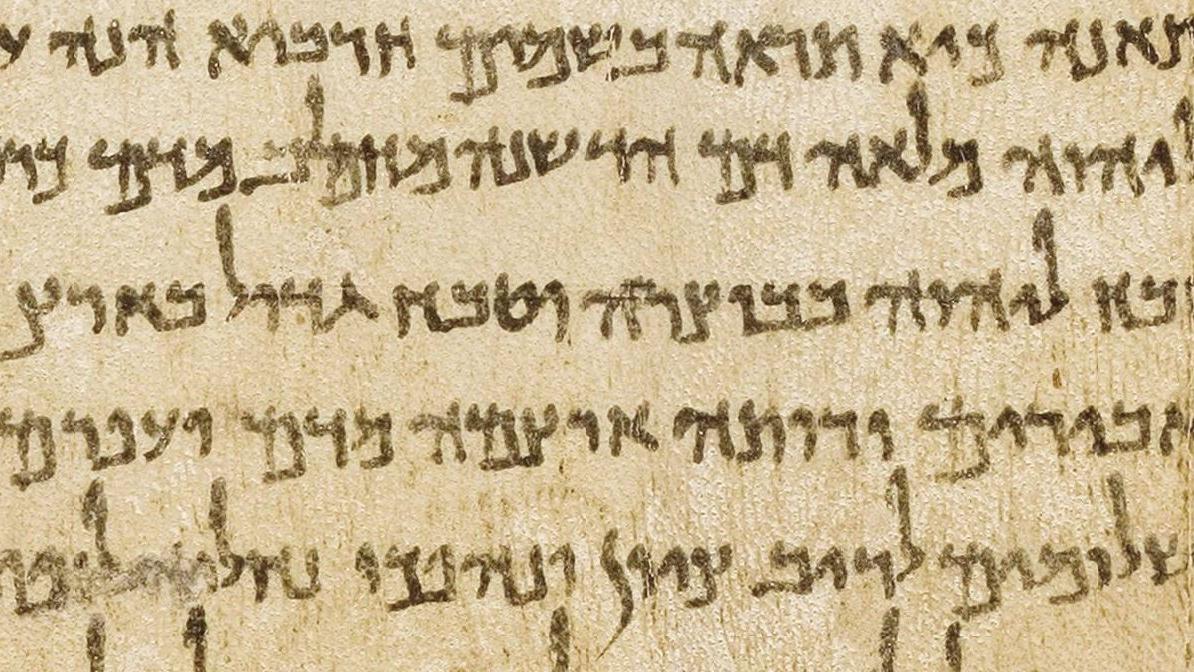1Móz 37 magyarázata. Exegetikai megjegyzések
Az 1Mózes 37 összekapcsolja az előző fejezetekben leírt Ézsau–Jákób történetét a József-történetekkel. Közös mindegyikben, hogy lényegében családtörténeteket tartalmaznak. A családtörténetek bővelkednek széthúzásban, rivalizálásban, mi több, kis híján testvérgyilkosság is előfordult. József álmai a királyság eljövendő intézményére mutatnak, amit ugyan Jákób és a fiai idegen jelenségként szemléltek. A szentíró a családtörténet tanulságaival a királyság intézményéről akar valamit elmondani. Hol van ebben Isten? Jelen van egyáltalán?
